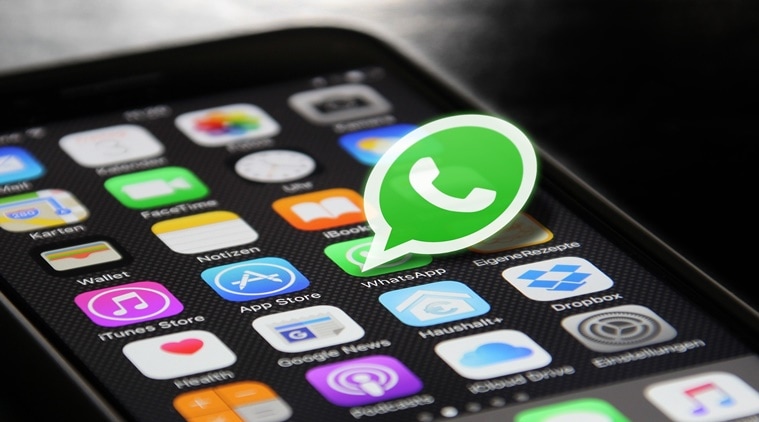 WhatsApp message claiming to be a WHO protocol on lockdown extension till June is fake; don’t believe it
WhatsApp message claiming to be a WHO protocol on lockdown extension till June is fake; don’t believe it
The government is constantly urging people to not spread or believe rumours related to coronavirus. It is continuously monitoring such messages flooding the social media platforms and pushing the culprit for spreading panic among the citizens. But this still isn’t stopping people from circulating misinformation on social media platform especially WhatsApp.
According to the World Health Organisation (WHO) a messaging claiming to be a protocol from it on the extension of the lockdown is circulating widely on the platform. Don’t believe it, it’s fake and WHO has no such protocol.
The viral WhatsApp message states that WHO has issued a protocol for “controlling the most dangerous virus”. It notes that the lockdown will be lifted on April 15 and will be relaxed until April 19. Post that the country will be under lockdown again for 28 days until May 18. This is not true.
The government of India is still in discussion with other experts and officials and hasn’t decided on any action plan as of yet. For now, as stated official by PM Narendra Modi the 21 days lockdown until April 14. The fake viral WhatsApp message states that the lockdown will extend till June. Don’t believe it.
Claim : A so-called circular, said to be from WHO is floating around on whatsapp, saying that it has announced a lockdown schedule.
Fact : @WHO has already tweeted it as #Fake ⬇️https://t.co/GB7rQ0t9lJ pic.twitter.com/3M5RBLoA3i
— PIB Fact Check (@PIBFactCheck) April 5, 2020
WHO has said, “Messages being circulated on social media as WHO protocol for lockdown are baseless and FAKE. WHO does NOT have any protocols for lockdowns.”
How to check for fake WhatsApp forwards
–If you receive such WhatsApp forwards ensure to check with the official website or social media accounts. If WHO has issued any such protocol for the lockdown it should be mentioned in the official Twitter, Facebook, or Instagram handles as well and also the official WHO website. Notably, there are several parody accounts ensure to check only the verified official accounts for accurate information.
–Before believing any such WhatsApp forwarded message ensure to check if it has an official logo. The fake forwarded message claiming to be from WHO doesn’t have the WHO logo anywhere on it. This clearly shows it’s fake.
–Only believe announcements by the government. The Indian government has clearly announced the 21-day long lockdown until April 14. No news on the extension of lockdown has been announced as of yet.
–Check for spelling errors, font of the forwarded message. You can identify if a message is fake or not by the way it has been written. Most fake messages either have some or the other spelling mistake or grammar problems.
Things to do: If you find a WhatsApp message suspicious or fake, don’t forward it further and inform contacts about it.
Messages being circulated on social media as WHO protocol for lockdown are baseless and FAKE.
WHO does NOT have any protocols for lockdowns. @MoHFW_INDIA @PIB_India @UNinIndia— WHO South-East Asia (@WHOSEARO) April 5, 2020
To get official information regarding COVID-19 trust only what the government has officially announced, check official social media accounts, check WHO website and apps and websites developed by the Indian government for the pandemic such as Aarogya Setu app.
WhatsApp is reportedly working on a feature to control the spread of fake messages on the platform. The feature will allow users to check the authenticity of the message if in doubt by just clicking on it. The messaging platform is expected to roll out this feature soon.